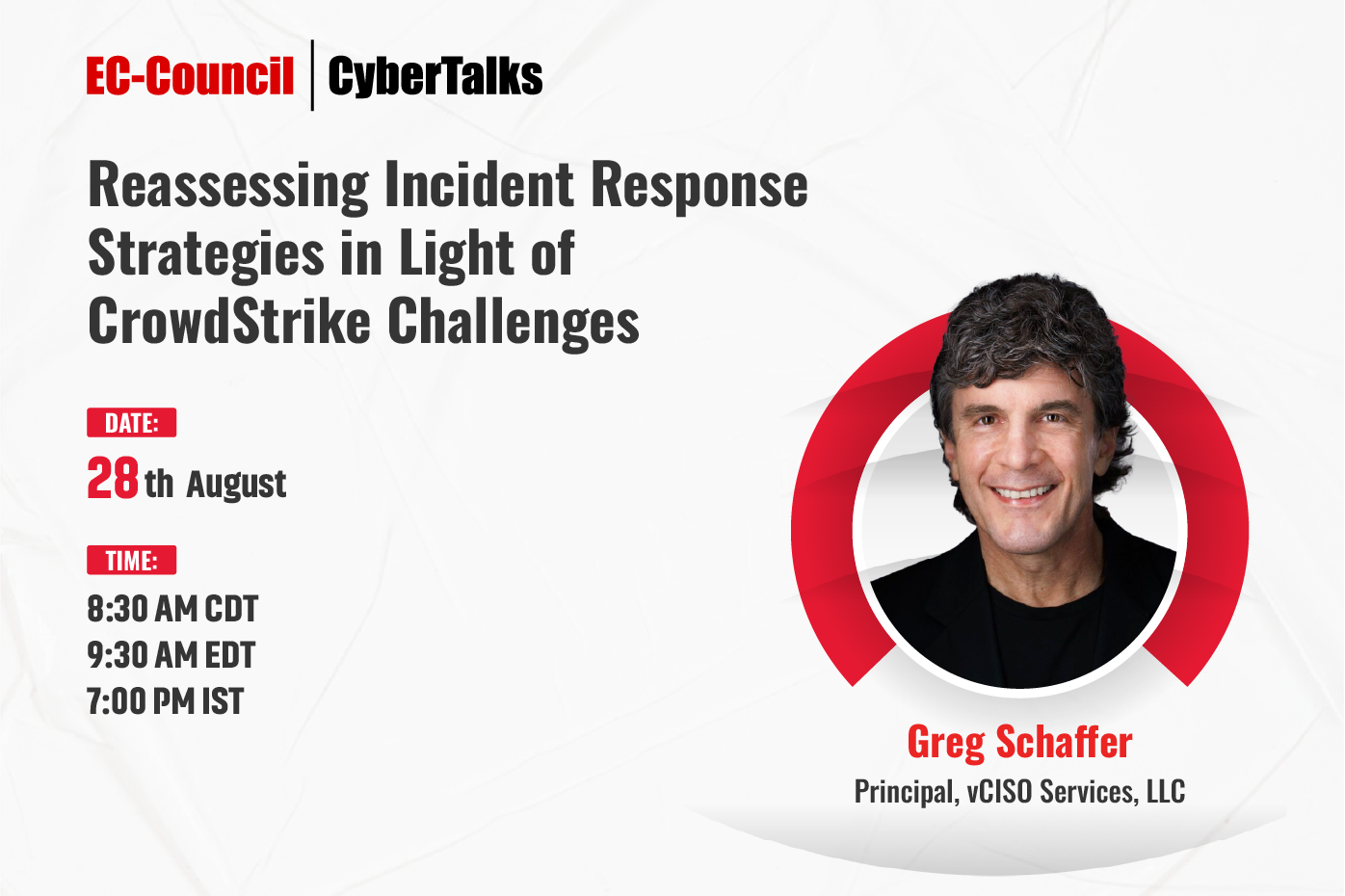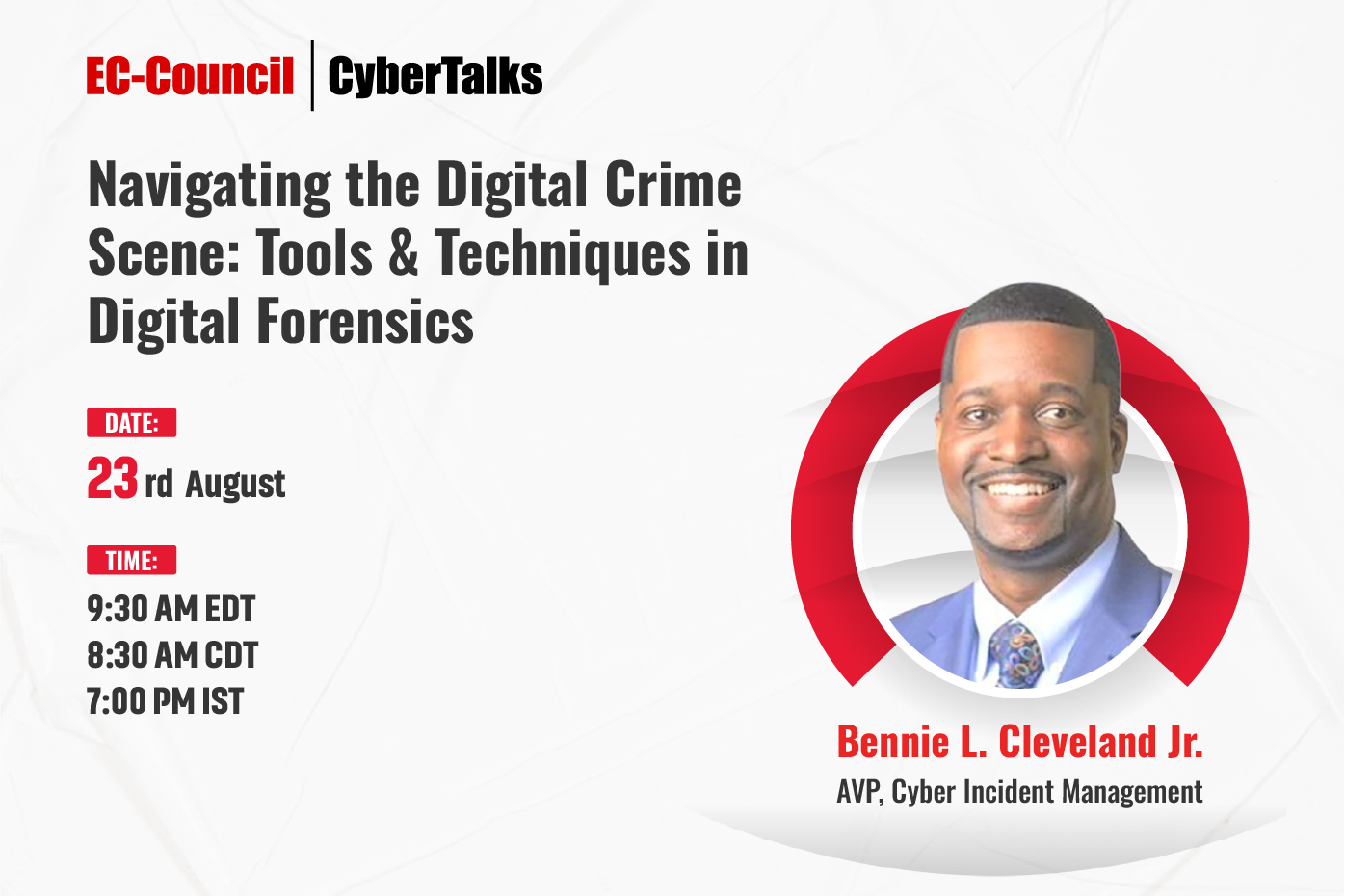Ethical hacking is a highly popular cybersecurity skill that creates many opportunities and career paths. If you have already obtained a certification and are wondering what to do after ethical hacking, the next natural step would be to acquire advanced pentesting skills. But what is penetration testing in ethical hacking, and how can you become a penetration tester after obtaining ethical hacking certifications? This article will discuss what to do after ethical hacking, the roles and responsibilities of penetration testers, how ethical hackers can hone their advanced pentesting skills, and more.
Why is Ethical Hacking a Core Cybersecurity Skill?
Ethical hacking is the use of hacking skills and techniques to help organizations strengthen their cybersecurity posture. Ethical hackers use hacking tools and knowledge to assess an IT environment, network, or computer system for vulnerabilities and recommend measures for effective mitigation.
Ethical hacking is a core cybersecurity skill because it helps businesses see their IT ecosystem from an external perspective, putting them in the mind of an attacker. Ethical hackers help companies identify vulnerabilities, improve their defenses, understand various attack methods, and comply with cybersecurity laws and regulations. Ethical hacking is a proactive approach to cybersecurity that can protect organizations from devastating cyberattacks and data breaches.
What are the Most Rewarding Career Options after Obtaining an Ethical Hacking Certification?
Wondering what to do after ethical hacking certifications? There are many highly rewarding professions one can pursue after obtaining an ethical hacking certification, such as:
- Penetration Testers: Identify potential vulnerabilities in IT systems, test the security of these systems, and generate reports and recommendations on their findings.
- Red Team Members: Simulate a cyberattack against an organization, competing with blue team members whose job is to defend against the attack
- Security Architects: Design computer software, networks, and systems with a security-first approach, ensuring these products are protected against threats.
Why is Advanced Penetration Testing an Excellent Option for Ethical Hackers?
With the growing sophistication of cyberattacks (Brooks, 2023), many organizations are looking for skilled penetration testers to help them find and patch security weaknesses. If you are contemplating what to do after ethical hacking certifications, the good news is that pursuing a penetration testing career path is an easy transition.
In fact, the difference between ethical hacking and penetration testing is subtle, and there is a great deal of overlap between the two fields. Penetration testers typically restrict themselves to assessing a specific IT asset or resource, while ethical hackers may carry out many different types of attacks on the entire IT environment.
Advanced penetration testing makes for an excellent option after ethical hacking. It allows ethical hackers to go beyond the basics and learn more about a specific target system, identifying complex vulnerabilities that automated scans may miss. Advanced penetration testing also enables ethical hackers to specialize in a particular field and customize their tests and attacks to business needs and industry requirements.
What are the Responsibilities of a Penetration Tester
The role of a penetration tester includes functions such as:
- Defining the scope of the penetration testing process, including the target systems, applications, or networks and the tools and techniques to be used.
- Performing reconnaissance on the target, including details such as IP addresses, domain names, operating systems, and potential vulnerabilities.
- Using automated and manual techniques to probe the target for weaknesses and misconfigurations that can be exploited during an attack.
- Exploiting the discovered vulnerabilities to launch a simulated cyberattack, gaining access to unauthorized resources or data.
- Creating reports and documentation on the testing process and offering recommendations to key decision-makers.
How Do You Become a Penetration Tester?
If you’re seeking a path beyond ethical hacking, consider advancing into penetration testing. Both roles involve assessing and fortifying cybersecurity measures, making penetration testing a logical step forward. The relevant penetration testing skills may include:
- Knowledge of networking concepts such as TCP/IP, DNS, and network architecture
- Operating system proficiency in Windows, macOS, and Linux
- Programming and scripting languages such as C/C++, Java, Python, Ruby, and Bash
- Analytical and problem-solving skills that enable creative thinking and flexibility
Some—but not all—penetration testers have received formal education in fields such as computer science, information technology, and cybersecurity. Others have broken into penetration testing by accumulating real-world experience in the necessary tools and techniques, and still others have obtained penetration testing certifications such as EC-Council’s C|PENT.
Why Choose the Certified Penetration Testing Professional (C|PENT) Credential?
EC-Council’s C|PENT (Certified Penetration Testing Professional) program is an advanced pentesting certification ideal for anyone considering what to do after ethical hacking. The C|PENT educates students on industry best practices for penetration testing tools, techniques, and methods. It is an excellent training for students looking to further their cybersecurity careers via penetration testing and ethical hacking.
The benefits of the C|PENT certification include:
- A live practice cyber range for students to test their pentesting skills in hands-on activities
- 100 percent mapped with the NICE cybersecurity framework
- Blending automated and manual penetration testing techniques
- Alignment with more than 15 job roles
Why Should Penetration Testing Be the Next Move for an Ethical Hacker?
Penetration testing shares substantial common ground with ethical hacking, making it a natural progression for those who have obtained a certification and are wondering what to do after ethical hacking. The two fields are highly related and share several skills, tools, and techniques. Let’s examine why advancing to a penetration career can be an excellent move for ethical hackers.
- Broadening and deepening your skill set to include a variety of attack techniques and vulnerabilities for specific targets
- Gaining real-world experience with an advanced penetration testing range
- Providing value to organizations by protecting their IT assets, data, and systems from malicious actors, helping them address and resolve critical security weaknesses
- Working in combination with other valuable cybersecurity job roles, including security analysts, red teamers, security architects, and digital forensics investigators
What Skills of an Ethical Hacker are Upgraded in the C|PENT?
The C|PENT program includes 14 theoretical and practical modules for detecting security vulnerabilities.
Students learn about identifying weaknesses in various IT environments, from networks and web applications to the cloud and Internet of Things (IoT) devices. In fact, C|PENT is the first penetration testing certification in the world with a curriculum including IoT attacks.
C|PENT covers advanced pentesting skills such as:
- Windows and Active Directory attacks, including Kerberoasting and Golden Ticket attacks.
- Exploitation of 32-bit and 64-bit binaries
- Double pivoting, privilege escalation, and evading defense mechanisms
- Writing informative and professional penetration testing reports
Ethical Hacking + Penetration Testing Skills: Why Every Organization Needs Them?
Developing your penetration testing competencies can give you a lethal combination of skills that are highly valuable to organizations of all sizes and industries. These include:
- Proactive security: Both ethical hacking and penetration testing encourage a proactive approach to cybersecurity. Organizations can find and mitigate issues and vulnerabilities before malicious actors discover and exploit them.
- Comprehensive assessment: Penetration testing and ethical hacking can be applied across the entirety of the IT environment. These fields allow organizations to thoroughly assess their networks, applications, and devices.
- Regulatory compliance: Ethical hacking and penetration testing aren’t just a wise idea; they may also be required under data privacy and security laws. Businesses should be familiar with the applicable regulations and how to remain compliant.
Career Benefits of Advanced Penetration Testing
Honing your advanced penetration testing skills is a great way to further your penetration testing career. Penetration testing can be an intellectually rewarding and lucrative career for those with the right combination of skills and experience:
- According to Indeed, the average base salary for penetration testers in the United States is over $119,238 (Indeed, 2024).
- The market research firm MarketsandMarkets estimates that the global penetration testing market will nearly double in just five years—from USD 1.4 billion in 2022 to USD 2.7 billion in 2027 (MarketsandMarkets, 2022).
Achieving your dream penetration testing job is much easier when you choose the right pentesting certification. EC-Council’s C|PENT equips you with advanced pentesting skills through its up-to-date curriculum and hands-on approach, giving students the real-world experience they need to succeed in a penetration testing career.
References
1. Brooks, C. (2023, May 05). Cybersecurity Trends & Statistics; More Sophisticated And Persistent Threats So Far In 2023. Forbes. https://www.forbes.com/sites/chuckbrooks/2023/05/05/cybersecurity-trends–statistics-more-sophisticated-and-persistent-threats-so-far-in-2023/
2. Indeed. (2024, February 14). Penetration tester salary in United States. 2. https://www.linkedin.com/jobs/penetration-testing-jobs/
3. MarketsandMarkets. (2022, August). Penetration Testing Market. https://www.marketsandmarkets.com/Market-Reports/penetration-testing-market-13422019.html
About the Author
David Tidmarsh is a programmer and writer. He’s worked as a software developer at MIT, has a B.A. in history from Yale, and is currently a graduate student in computer science at UT Austin.











